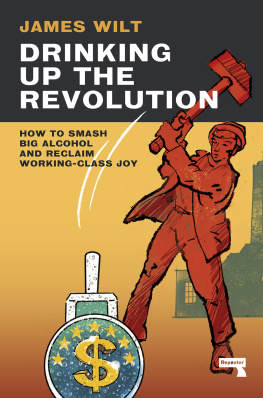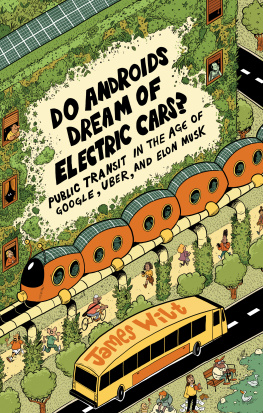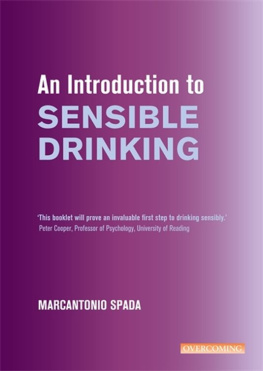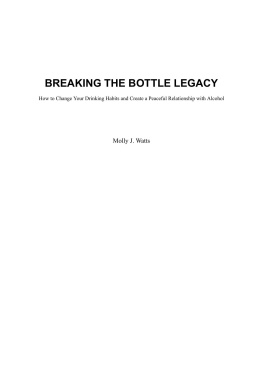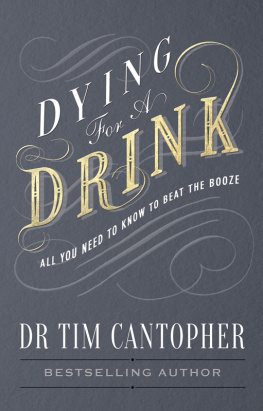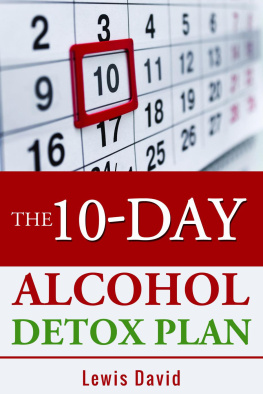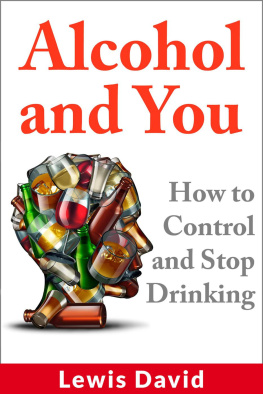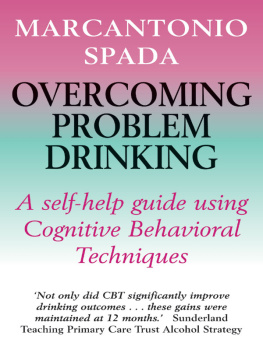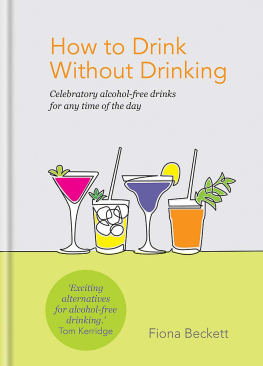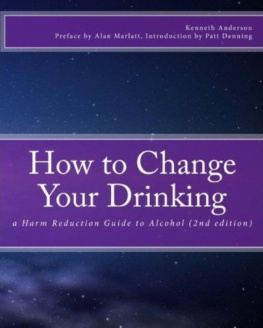


Published by Repeater Books
An imprint of Watkins Media Ltd
Unit 11 Shepperton House
89-93 Shepperton Road
London
N1 3DF
United Kingdom
www.repeaterbooks.com
A Repeater Books paperback original 2022
Distributed in the United States by Random House, Inc., New York.
Copyright James Wilt 2022
James Wilt asserts the moral right to be identified as the author of this work.
ISBN: 9781913462765
Ebook ISBN: 9781913462772
All rights reserved. No part of this publication may be reproduced, stored in a retrieval system, or transmitted, in any form or by any means, electronic, mechanical, photocopying, recording or otherwise, without the prior permission of the publishers.
This book is sold subject to the condition that it shall not, by way of trade or otherwise, be lent, re-sold, hired out or otherwise circulated without the publishers prior consent in any form of binding or cover other than that in which it is published and without a similar condition including this condition being imposed on the subsequent purchaser.
Printed and bound in the United Kingdom by TJ International Ltd
Drinking Up the Revolution offers both an incisive expose of the extensive harm perpetrated by a cynical globalised alcohol industry in its naked pursuit of profit, and a lower-risk, alternative way for the world to enjoy alcohol or not.
M AURICE S MITHERS , S OUTHERN A FRICAN A LCOHOL P OLICY A LLIANCE IN S OUTH A FRICA
Drinking Up the Revolution is not only persuasive in its calls for an end to the oligopoly of Big Alcohol, its manifesto envisions a set of compelling alternatives that could very well help break up alcohols near-monopoly on culturally-sanctioned means of celebration and connection.
R ICK H ARP , HOST/PRODUCER , M EDIA I NDIGENA
You might feel a general anxiety about societys worsening relationship with alcohol, and Drinking Up the Revolution explains why.
J OSIAH H UGHES , HOST OF AND G LOBE H ELL W ARNING
With care, passion, and rigour Wilt is able to not only map out the capitalist problems of Big Alcohol plaguing society, but also present promising solutions, and an abolitionist hope of dreaming bigger. Drinking Up the Revolution is a must read for those who want to indeed find working-class joy again.
N ASHWA L INA K HAN , ORGANIZER AND HOST OF H ABIBTI P LEASE
A fascinating and informative read.
O LIVIER VAN B EEMEN , AUTHOR OF H EINEKEN IN A FRICA : A M ULTINATIONAL U NLEASHED
CONTENTS
INTRODUCTION
The Invisible Drug
The War on Drugs is a global genocide. Far from reducing drug-related harms, criminalization instead makes every aspect of the trade exponentially more dangerous, with toxic and unregulated supply leading to ever-growing rates of fatal poisonings, state and extrajudicial killings, underground violence, and mass incarceration. This US-led worldwide prohibition underpins brutal regimes of police, military, and border violence against racialized peoples in the global periphery, spanning from the poppy fields of Afghanistan, to the coca farms of Colombia, to the streets of Brazil, the Philippines, and Mexico. Of course, this escalating bloodshed has had no impact on the production, distribution, and consumption of psychoactive drugs: its only driven it further out of sight, with substances becoming more potent and contaminated while the people who use them are demonized and deprived of necessary supports.
As people who use criminalized drugs have been demanding for many years, the only way out of this global nightmare is the legalization and regulation of all drugs. This radical shift would ensure a far safer supply an urgent necessity given the complete contamination of most drugs with adulterants like fentanyl and benzodiazepines and eliminate the erratic potencies and prices, violence, high-risk use, state repression, and devastating stigma that necessarily accompanies prohibition. Deeply courageous life-saving responses like overdose prevention sites, naloxone distribution, needle exchanges, and safe consumption sites are only as necessary as they are in the context of ongoing prohibition. In order to dramatically reduce drug-related harms, the legal frameworks governing their production, distribution, and consumption have to be radically overhauled to promote health and wellness rather than incarceration and death. Police, prisons, and courts should be comprehensively excised from any involvement with drugs; all criminalization of substance use must be ended and replaced with public provision of healthcare, housing, and supports.
But to ensure this vital transformation unfolds in a way that maximizes long-term safety, its essential that we acknowledge and seriously reckon with the extreme harms caused by one of the most popular legal and regulated drugs on the planet: alcohol. This is, of course, not to suggest that alcohol or any drug should be illegal. Clearly not. However, the way that alcohol has become legal and regulated throughout much of the world has been catastrophically damaging, and its critically important that we come to terms with whats happening in order to reverse it and ensure the same doesnt happen with the legalization of other drugs. Despite the ubiquity of a legal and safer supply of alcohol with most drinkers not having to fear that their drink is contaminated with toxic and potentially lethal substances like methanol or heavy metals beverage alcohol contributes to the deaths of some three million people around the world every single year via traumatic injuries, chronic diseases, self-harm, cancers, and alcohol use disorders, including alcohol dependency. Countless more people live with alcohol-related diseases, chronic pains, mental health issues, and various disabilities. As over a dozen substance use experts wrote in a 2010 book about alcohol: It has the potential to affect adversely nearly every organ and system of the body. No other commodity sold for ingestion, not even tobacco, has such wide-ranging adverse physical effects. Such alcohol-related harms are rapidly increasing throughout much of the world, particularly in industrializing countries of the Global South, where rising incomes enable more spending on commodities like alcohol. The regulated substance itself not a contaminated varietal is the public health crisis at hand.
Alcohol certainly has unique properties that contribute to this enormous toll of death, injury, disability, and disease; for instance, as a depressant, alcohol can slow a persons breathing to potentially fatal levels, particularly when combined with opioids, and prenatal alcohol exposure can lead to fetal alcohol spectrum disorders in newborns (FASDs). Similarly, supermarkets and convenience store chains see alcohol as a main component of their accumulation.
The privatized and monopolized nature of the global alcohol industry is a public health nightmare. Its the worst imaginable iteration of a legalized and regulated drug: the mirror image of privatized and unregulated underground production of criminalized drugs, with alcohol also made solely for profit but at an enormously larger, coordinated, and state-supported scale. Since profit is the singular aim of production, alcohol consumption and harms can only ever increase, with the tremendous economic and political power of capital wielded via marketing, lobbying, and deregulation to maximize usage and returns. Its the very antithesis of what any kind of genuine harm reduction approach looks like. While alcohol is far from the only example of this nature the hyper-commodified cesspits of Purdue Pharma, Juul, and even iterations of legalized weed all come to mind its by far the least scrutinized of the bunch. Almost any concern articulated about the various impacts of alcohol on individuals or society tends to be slandered as quaint, moralistic, and likely prohibitionist. Even more often, alcohol is simply ignored as an urgent issue requiring systematic political action; individual commitments concerning drinking do exist, like straightedge, but theyre primarily about personal self-discipline rather than anything confronting the domination of alcohol by capital.
Next page
